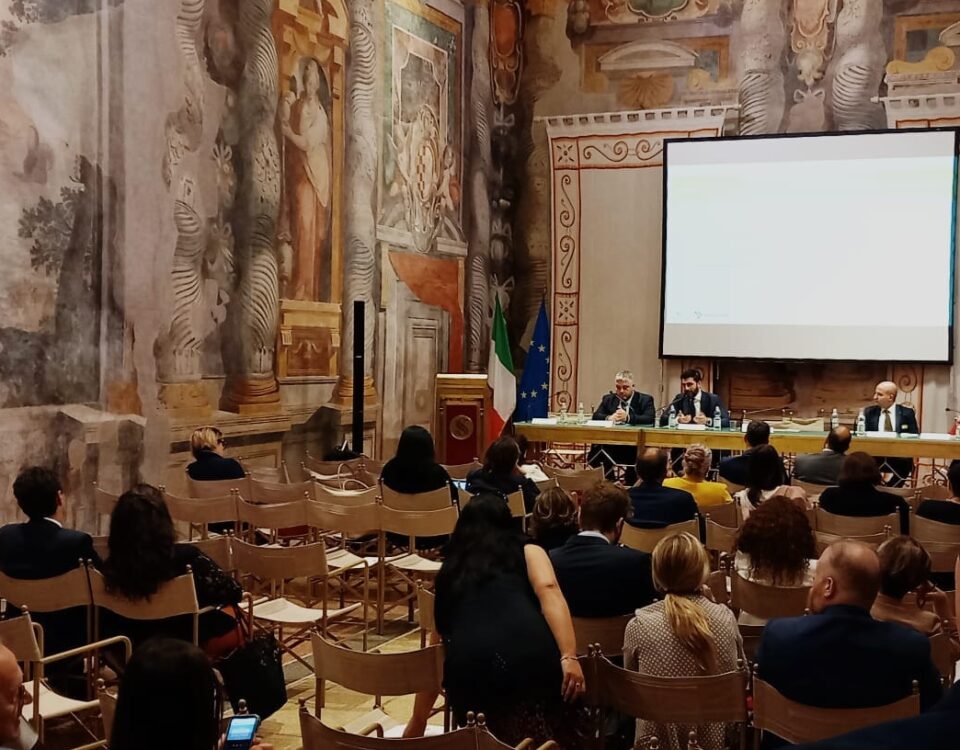MEDICINA: OLIO DI LORENZO FUNZIONA, PREVIENE MALATTIA/ANSA
13 Luglio 2005Rare childhood disease sparks grassroots campaign
21 Luglio 2005Ease health bills for geneitc disorders
“The story of Ryan Kristoff, a little boy diagnosed with Krabbe‘s disease when he was about 8 months old, left me with a huge knot in my throat. Ryan underwent a cord blood transplant, our sons underwent bone marrow transplants at the University of Minnesota in 1997 and 1998 for an even more uncommon syndrome called MPS VI (“Young lives get a fighting chance,” Cover story, News, Wednesday).
MPS VI, which is a genetic disorder, has symptoms as horrendous as Krabbe’s, with severe cases resulting in teenage death after a life filled with gradual dwarfism, joint problems, hearing loss, heart leakage, facial deformities and breathing difficulties. Other MPS variants are even more horrific, with most resulting in mental impairment.
Our oldest son, now 13, had a successful bone marrow transplant. Other than living with short stature and leaking heart valves, he should live normally. Our youngest son, age 12, survived two failed bone marrow transplants and has since undergone operations on his hips (two), knees (two), eyes (two), and ears (six). His future just became infinitely brighter, though. He recently became the first recipient of a now commercially available synthetic enzyme, Naglazyme, which performs the same functions as a bone marrow transplant for MPS VI patients.
For rare genetic disorders such as Krabbe’s or MPS VI, the national health care discussions must consider the exorbitant costs that insurance companies, and ultimately my employer and family, must absorb. Hospitals and biotech/pharmaceutical companies have extraordinary costs associated with their treatments and research, yet they have an obligation to their shareholders to earn a profit. As such, our bone marrow transplants ran nearly $2 million, while our son’s weekly enzyme infusions will run several hundred thousand dollars annually, forever.
Although my employer has been incredibly gracious and generous, I cannot expect the company to foot this bill indefinitely via increased insurance premiums. Therefore, I ask that you, my fellow taxpayers, help decrease the cost for rare disorder treatments by pushing Congress to grant tax concessions and/or subsidies for hospitals and biotech/pharmaceutical companies that have taken on these rare disorders.
Finally, on behalf of all whose lives are filled with the incessant stress of ailing kids, I’d like to extend our utmost gratitude to the researchers, the hospital staffs, our insurers and our employers. The work you do and the sacrifices you make come directly from the hand of God, and are infinitely appreciated.
Richard Bosse
Baton Rouge
“




